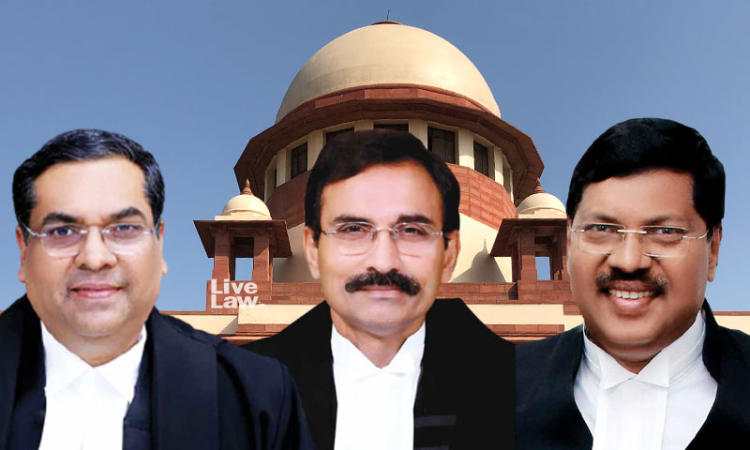Fundamental Right Of Witnesses To Testify In Courts Without Pressure & Threat Under Serious Attack Today: Supreme Court Highlights Importance Of Witness Protection Scheme
LIVELAW NEWS NETWORK
27 Nov 2021 7:44 PM IST

Next Story
27 Nov 2021 7:44 PM IST
